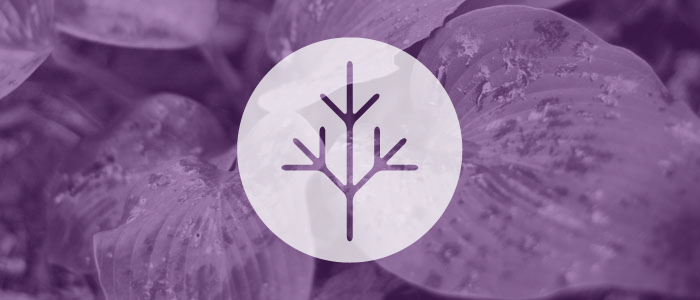Lymphoma is a disease of the blood but the mind is just as impacted in each stage of the cancer experience—from diagnosis to treatment.
When Mary Jon Lachance learned she had follicular lymphoma she was shocked.
“When someone kicks you in the face you’re going to whip your head back. You’re stunned and your whole world stops for a second. That’s exactly what happened to me emotionally,” Lachance says. “It was just a huge shock and for a minute the world just stops to turn. It just stops turning.”
Julie Burnett is a social worker at the Odette Cancer Centre in Sunnybrook Hospital. She says that emotional reactions to a diagnosis can vary depending on the person but there are some common responses.
“Reactions to a new diagnosis can range from shock and anger, to fear and sadness, so I think we play a vital role in terms of providing support to our patients and their families in regards to coping with these reactions,” Burnett says
She also says that a diagnosis and, later, treatment of lymphoma can impact a person’s day-to-day schedule, in major ways and smaller ones that many people wouldn’t even think of. She uses the example of a patient going through rounds of radiation. This sort of treatment can have a significant impact by putting a person’s work life on hold, but it can also get in the way of ordinary daily tasks like driving the kids to school.
Of course there are many different aspects to dealing with cancer, and in each stage of the experience, there can be many areas of concern, such as income support, drug coverage, caring for children, and day-to-day tasks at home. These can occur individually, in conjunction with each other, and sometimes, all at once.
“These practical considerations can cause significant impact on one’s ability to cope and their reaction to how they are coping,” Burnett says. It is essential for patients to build a support system to help them deal with this, one that includes a multi-disciplinary medical team, community supports, family and friends.
Burnett says that it is important for patients to “formalize a support system of people that can help with practical needs and offer emotional and spiritual sustenance.” Having someone to “talk to and share your feelings, your hopes, and your fears with is significant,” Burnett says. Reaching out to organizations and members of the community who have experience in cancer support can also prove very valuable.
Friends, family, and one’s community can provide this type of support, but the support of a medical team is also invaluable.
“It’s important to know that your cancer care team is there to address any questions or concerns that you may have as a result of your new diagnosis…treatment or concerns for the future.”






